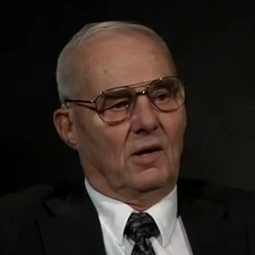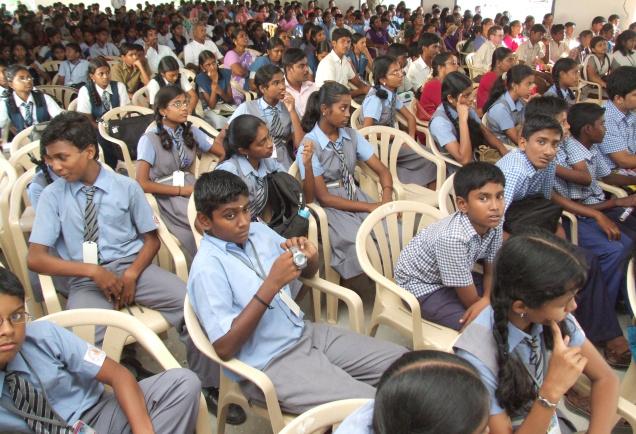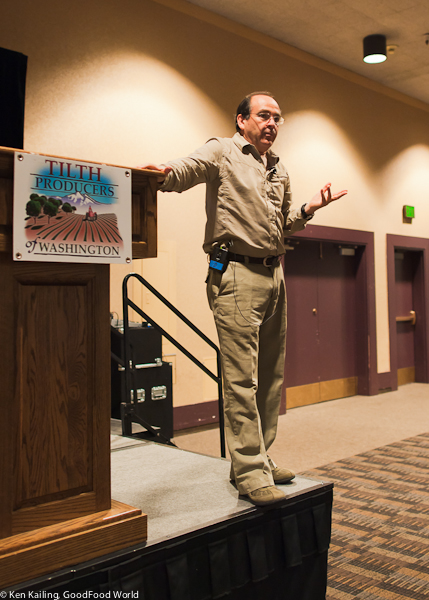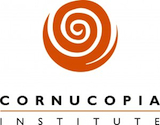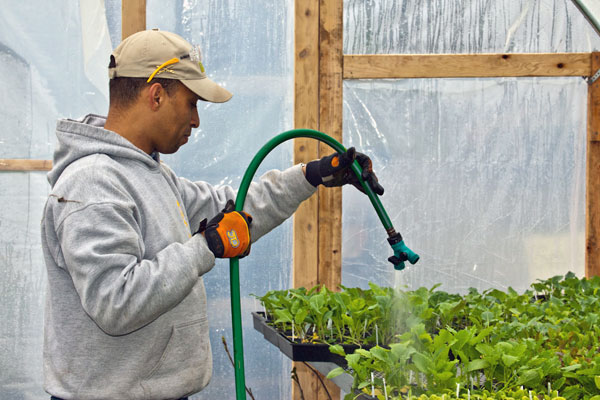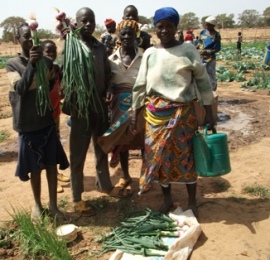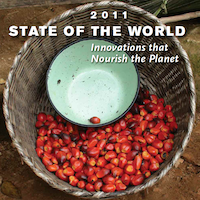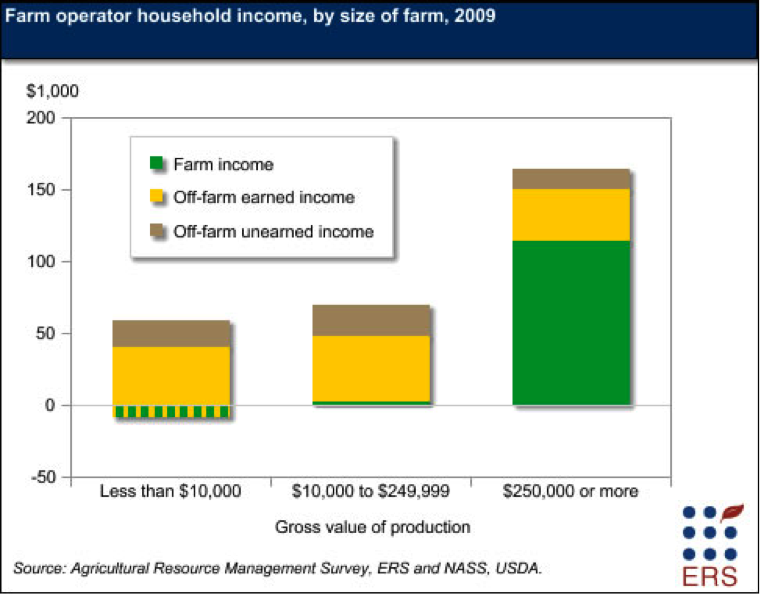Dr. Huber – expert in microbial ecology – discusses the effects of genetically modifying plants
Most of us have no idea how genetically modified organisms (GMOs) actually work. What is it that makes it possible to kill the weeds growing in a corn field without affecting the corn? What is it that makes it possible for corn to “grow its own” pesticide to kill root worms? How does this modification affect the micro-organisms in the soil? How can it affect the animals – including we humans – that eat these plants?

